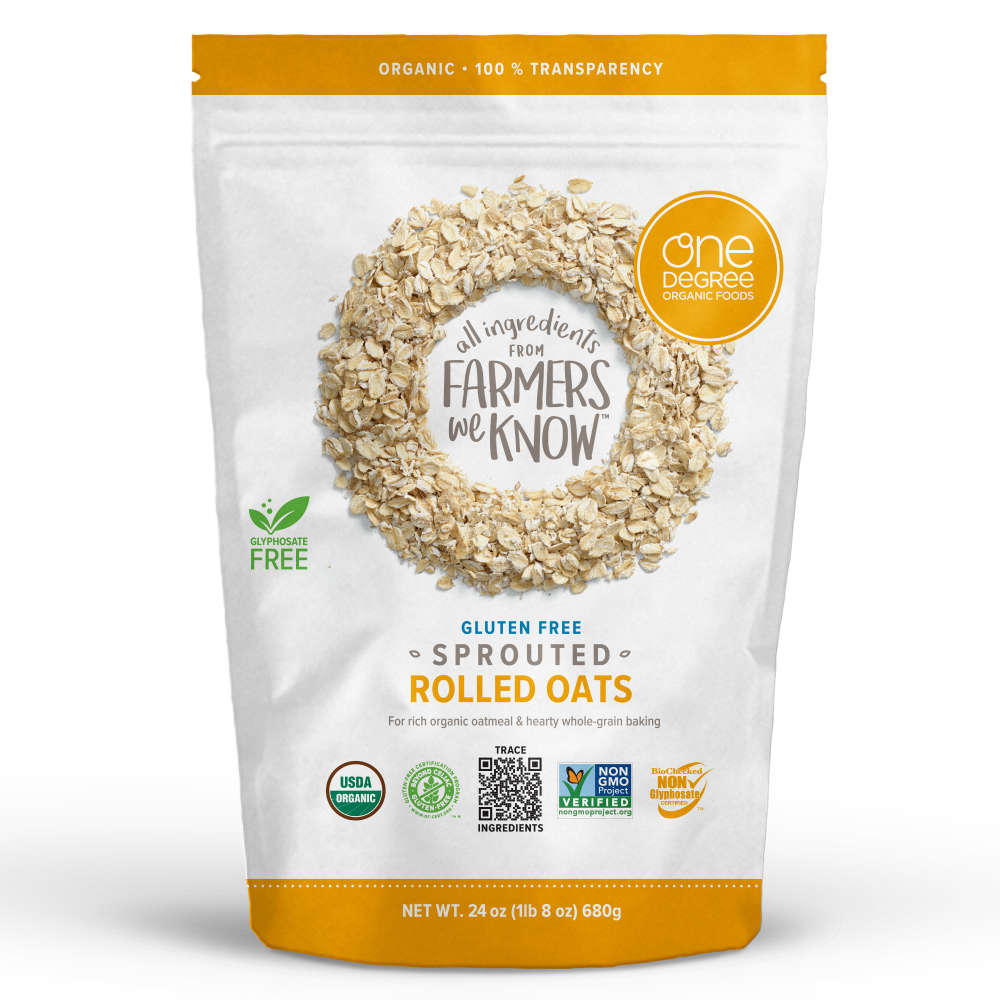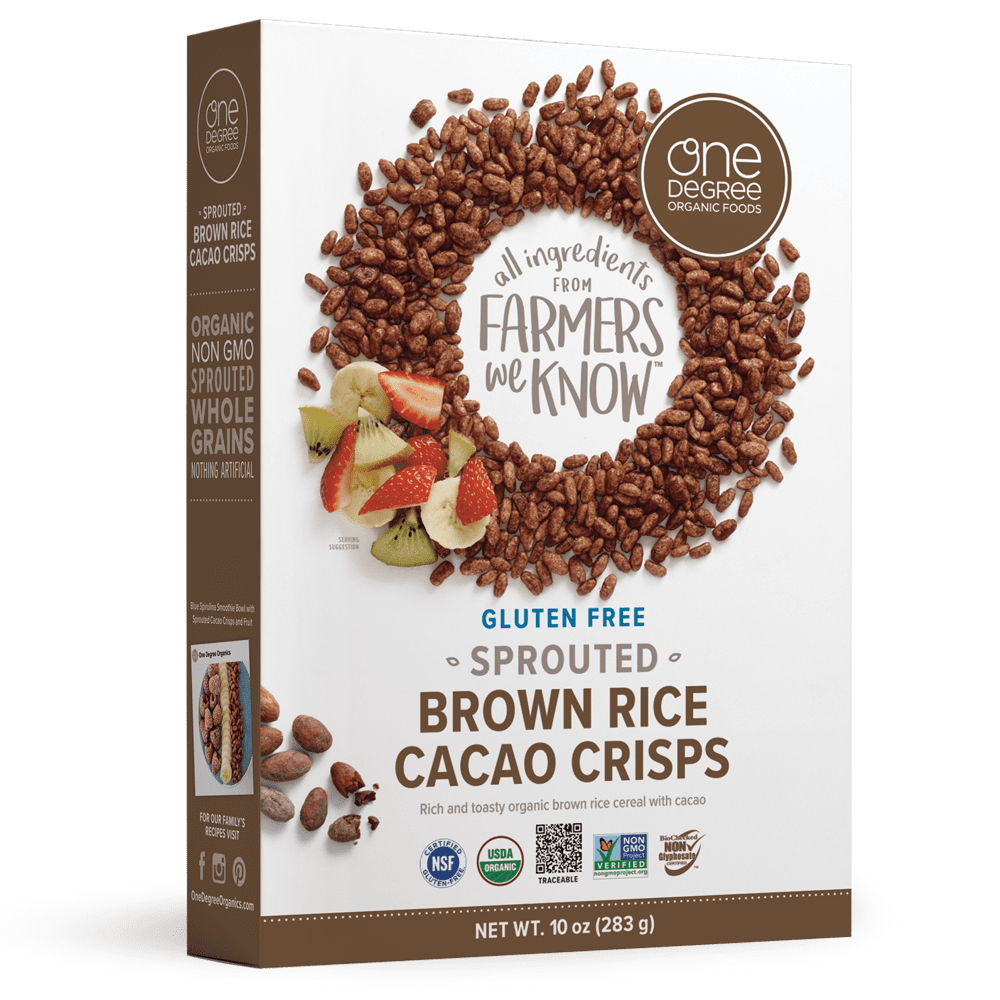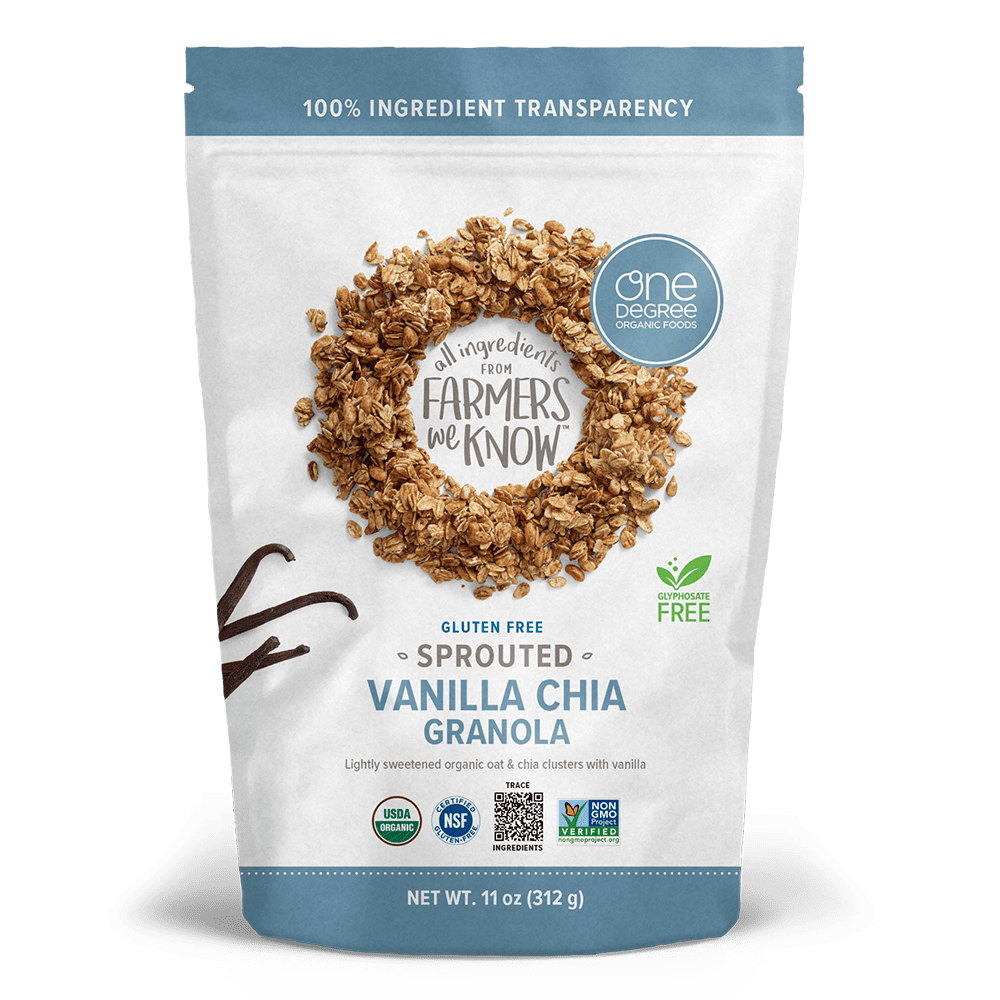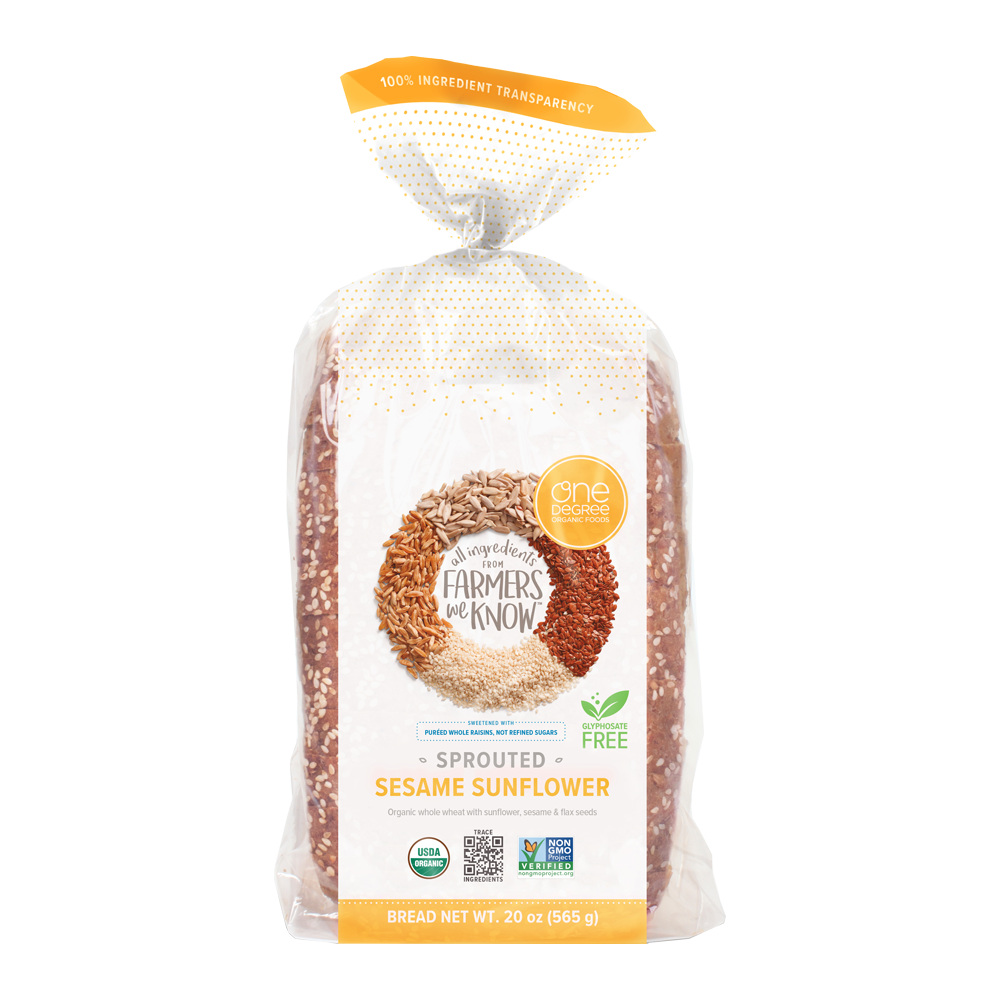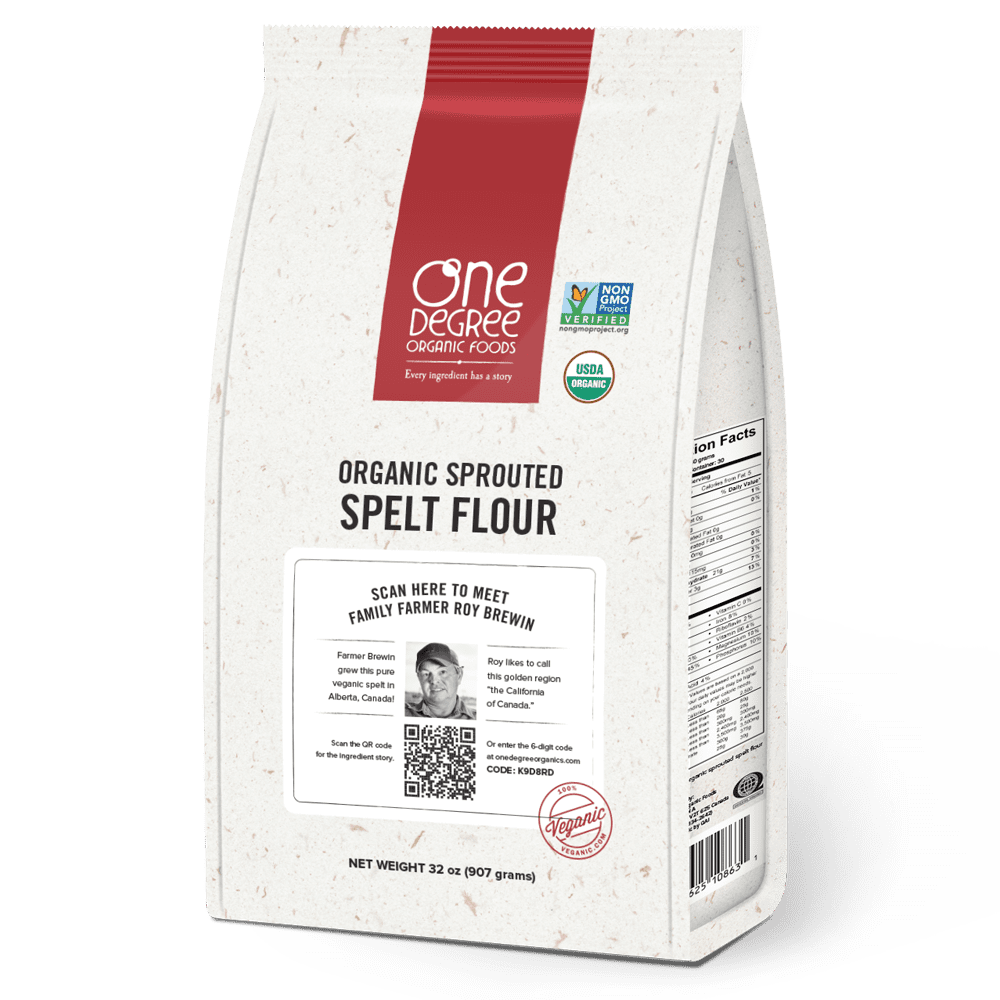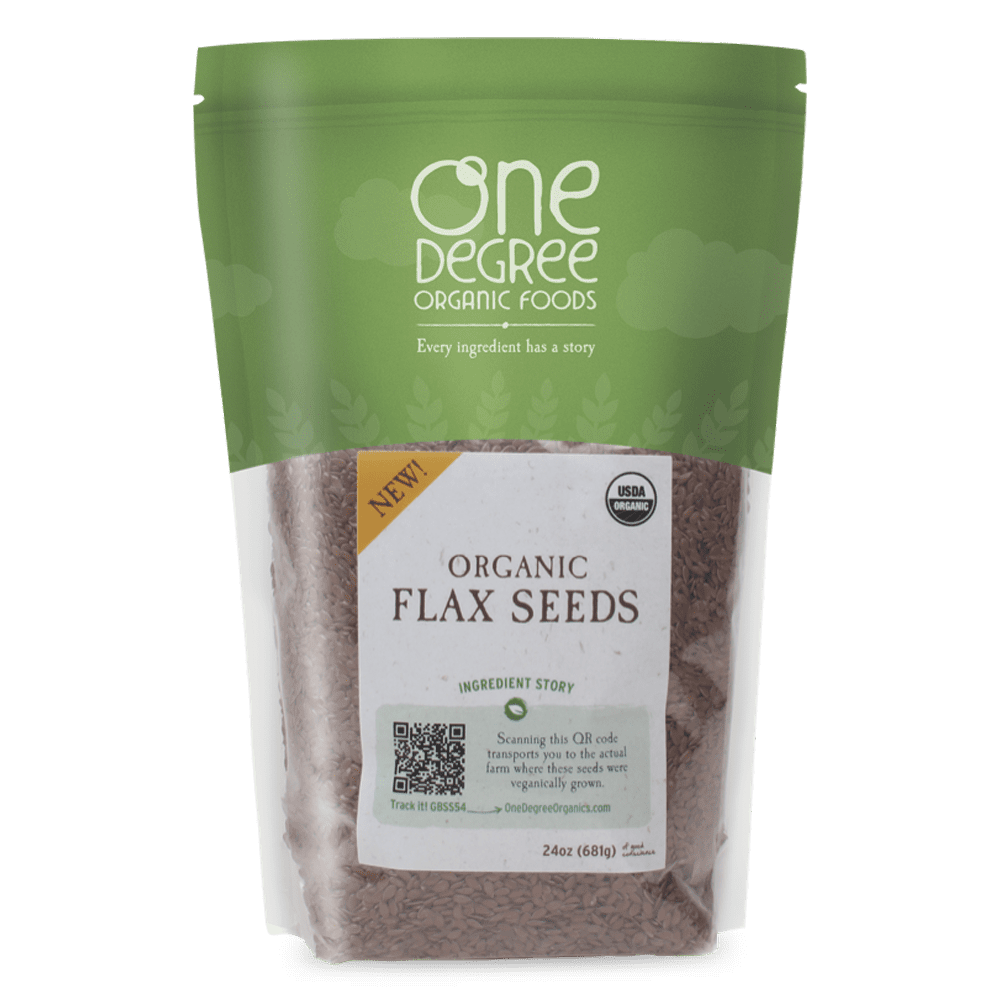Garbanzo Beans
Cativelli Family Farm
Farmer Gustavo Cativelli grew up in a small town in north-central Argentina founded by his great-grandfather and other immigrants from the same Italian village. They called the new city La Palestina, a special place where one could find opportunity and rest.
Through the prism of memory, Gustavo carries with him an idyllic childhood lived here, among the few hundred family and friends who shared dreams in this promised land.
“Growing up in this small city was beautiful,” he remembers. “We spent our days outdoors, in nature, riding bikes, going hunting, very natural things. In this time in our town there was no TV, there was only electricity for lights a few hours a night. All the roads were dirt roads. We lived in a very isolated environment, and this meant we were very much in contact with nature because it was our form of entertainment and our life.
“The primary school was also very rural, and the teachers were our friends. After school, they would sometimes come over to my house to visit. At school, students would come on horses — there was a place to leave your horse, and it could eat and drink water while you were in classes. Later we would go directly to play soccer; the only sport we played in this little city was soccer. I never played other sports because we didn’t have anything else. All we had was a soccer ball to play, and that’s it.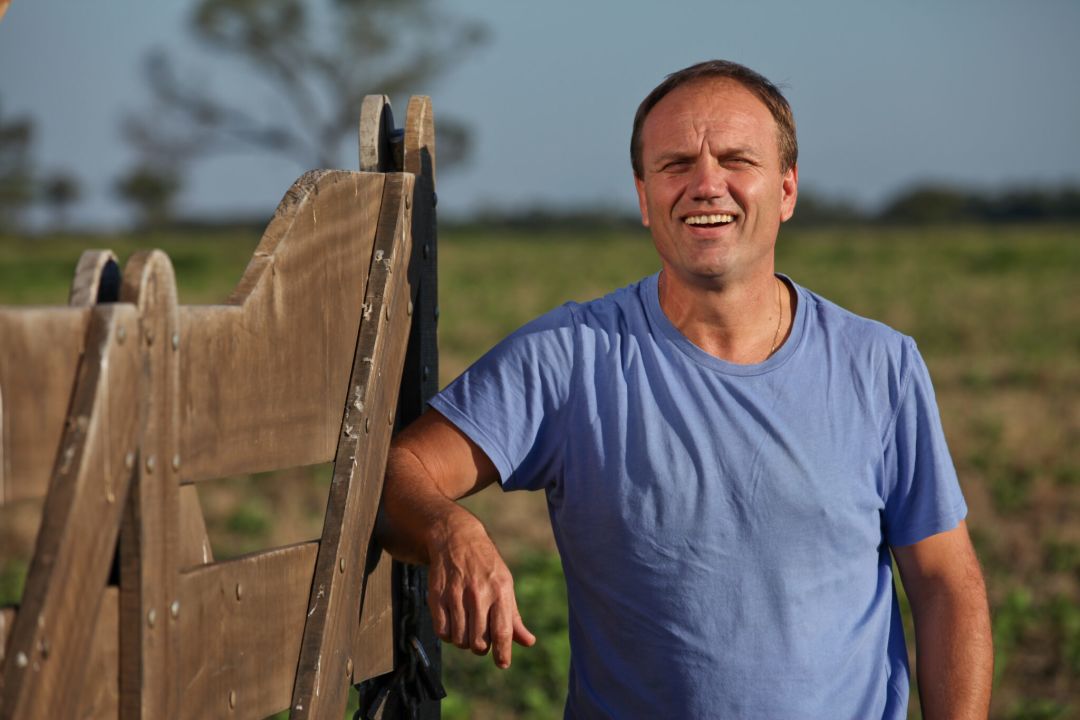
“The thing I remember the most and loved the most was when we would go to the open fields we had lots of dogs, because the dogs were free, they weren’t raised in the house. Every family had three or four dogs and we would just run around with them outdoors, then ride horses. This was very pleasant. And the most beautiful part of it all was the contact with nature, the friends, the things that people do all over the world — sit under a tree, talk, play, something that I see nowadays doesn’t exist anymore.”
In remote territory beyond La Palestina, the lessons of those simpler times live on. On virgin fields far from the chemical sprays of modern agriculture, Gustavo has reintroduced the time-tested organic methods that his father, grandfather and great-grandfather knew. For fans of healthy breakfasts, that means a pure source for garbanzo beans that provide plant-based protein for One Degree’s Veganic Sprouted Oat O’s and Sprouted Oat Honey O’s cereals. It also means bountiful harvests of corn, wheat and peanuts, the crop with deep roots in the family history.
“My father always planted peanuts, and so I was born into this special way of life — cultivating peanuts in a healthy and happy place,” Gustavo says. “When you grow up on a farm, every day you pitch in with chores, and spend hours in the fields with your father when you are not in school.”
The peanut crop is more than a sentimental tradition; peanuts help enrich the soil for garbanzos and other plants. “To maintain the organic field, it’s fundamental to be constantly rotating crops,” he explains. “We cannot just sow one crop. What we do is in the winter we plant wheat or garbanzo beans, and in the summer we plant peanuts, beans and corn. This adds nutrients, suppresses weeds and gives us a good cover for the field.”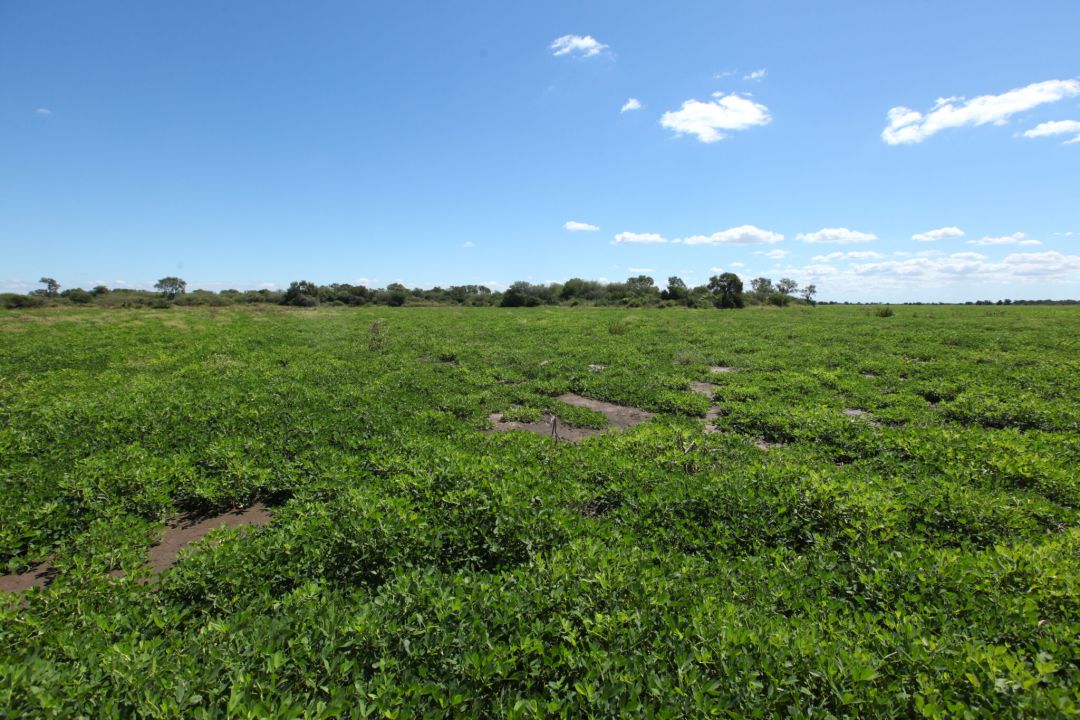
For Gustavo, crop rotation and other veganic methods were never just theory; it is something he saw every day in the way his father cultivated peanuts. “What has helped me to learn was going to the field with my father who grew peanuts organically for 50 years. When I planted my own organic crops, I had already seen how to seed them and watched them grow, so to me it was something that I knew could work. Now, when you speak to an agricultural engineer or someone younger, they think it’s impossible to grow a crop without using conventional techniques. Living it helped me a lot.”
Bringing back the traditional ways was not without its challenges. “When we began with organic, there were lots of years that we didn’t harvest anything. It was very hard. But luckily we worked slowly and calmly, starting with just a few acres to learn. We searched for agricultural zones that would be good for organic crops. We were going back to what was done in the past, going back to working with people, controlling the weeds by hand, and using old machinery that was considered obsolete and put it to work.”
The remote acreage that Gustavo discovered near Sol de Julio in Santiago del Estero province for garbanzo beans and Diego de Rojas in the province of Córdoba for peanuts is key to the purity of his crops, he says. “I believe that it is one of the few places in the world left where there are farming fields that are virgin. I see that the possibility for growth is very big here. There are large fields, people, and we have all the conditions to fuel this market segment. Every day there are less and less virgin lands to do this.”
Almost as important as growing healthy, genuine crops is cultivating strong personal bonds among commercial partners, Gustavo told us; and the organic world has been a place where business can still be conducted with old-fashioned trust, honesty and kindness. “In the organic community we find people who believe they are doing more than selling a commodity. In the conventional market it’s more aggressive and corporate, and here in the organic world we find people that are more friendly, more like the neighbors I grew up with. We can talk in a relaxed way and develop long-term relationships.”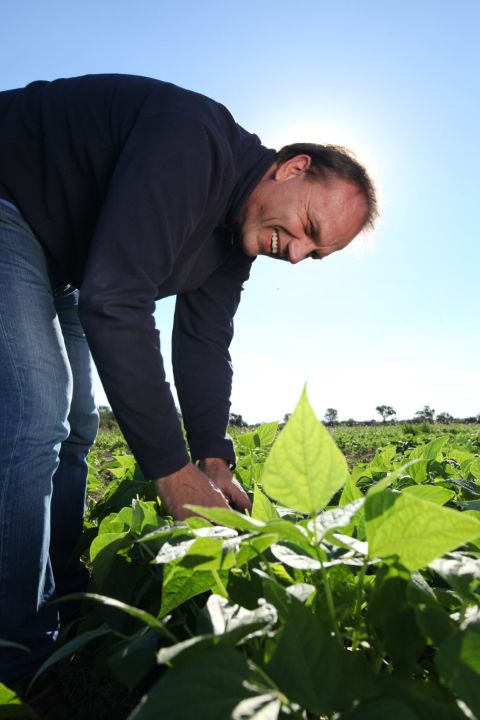
The relationship between farmer and customer must be founded upon these same principles of honesty, candor and fair dealing, he adds. “I believe transparency is so important, the idea that consumers can know exactly what they are eating, the whole story of their food. The relationship between the consumer and the producer must be a relationship of trust. This has always been my dream, to farm in close partnership with our customers, just like what One Degree is doing.”
Gustavo left us with a special invitation to the customers he so values and respects. It was a promise of transparency, with a hint of something richer and deeper. Something that lives on, even now, in remembrance of things past — those happy, simple days in La Palestina:
“I would love for anyone to come meet me and see what I do. You will be welcome here.”
— Charlie Dodge
